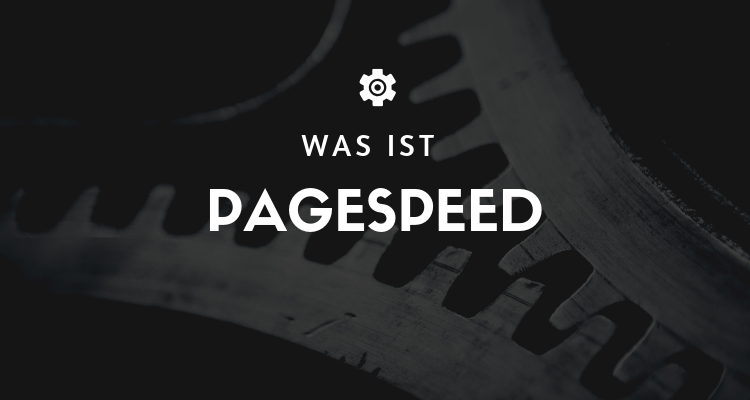
What is PageSpeed?
Page Speed measures how fast a web page loads when a visitor first clicks on the link. Your potential customers expect their pages to load quickly. A fast page speed makes a good first impression on your customers. Moreover, it is also crucial for improving your search engine raking. Furthermore, slow page speeds increase the likelihood that you will lose your customers before they have a chance to get you to buy. As if that wasn't bad enough, it can also hurt your search rankings.
Why is the loading speed important?
If a page in your online store doesn't load within seconds, you risk losing your potential customer to the dreaded "back" button. Considering this worst-case scenario, enabling lightning-fast page speed on all your pages is not a luxury - it's a necessity.
A slow page speed will also help your Ranking schaden. Wann immer ein Kunde auf die Zurück-Schaltfläche klickt, bevor er überhaupt Ihre Website betreten hat, wird sich diese Aktion negativ auf Ihre SEO auswirken. Die Seitengeschwindigkeit ist ein kritischer Faktor im Algorithmus von Google und spielt eine Rolle bei der Optimierung Ihrer Suchmaschinenrankings (SERPs). In diesem Sinne ist eine wettbewerbsfähige Geschwindigkeit auf allen Unterseiten Ihrer Website entscheidend für die Aufrechterhaltung einer starken SEO.
What causes slow loading speed and how to improve it?
A number of different factors can slow down page speed. Here are some examples.
- Too many detours: Redirects are much better than 404s. But if you end up with a chain of redirects from multiple deleted pages, the Browser Ihres Käufers die Zeit nehmen, all das URL-Shuffling zu verarbeiten. Sie sollten alte Umleitungen korrigieren, die direkt auf die endgültige Auflösungsseite zeigen.
- Overloaded code (CSS, HTML, etc.): Depending on how much custom code you use on your site, you can clean up extraneous code (commas, spaces, unused code, etc.) and minimize comments and formatting. This will make reading and rendering code easier for the Browser to make it easier. This should significantly reduce the page loading time.
- Large or number of image files: Images take time to load. The more images your page has to load, the more time it takes. You can fix this problem by including fewer images on the page and compressing the remaining images.
- Javascript-Problems: Apart from the fact that you can use your Javascript actually clean up, you'll want to remove any blocking javascripts. (Side note: Javascript is a script that is executed even before the Browser has the possibility to render the HTML).
Fix these types of issues and your page speed should improve immediately.
« Back to Glossary Index
